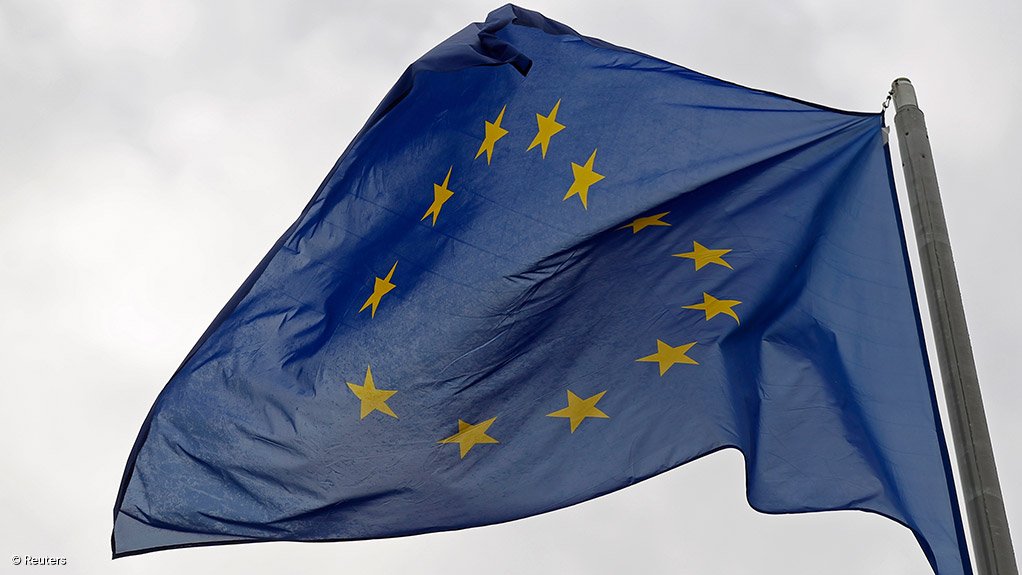The head of economics and trade at the Delegation of the European Union (EU) in Pretoria has acknowledged South Africa’s trade negotiators won important concessions in the long-running Economic Partnership Agreement (EPA) trade talks. But he says it was South Africa’s willingness to compromise on the issue of geographical indications (GIs) that ultimately helped unlock a deal ahead of the October 1 deadline.
Chief negotiators for the EU and the so-called Southern Africa Development Community EPA group initialled the agreement at a meeting in Pretoria on July 15 and it was anticipated that the new arrangement should come into force during the course of 2015.
Lawmakers across the Southern African Customs Union (Sacu) countries of South Africa, Botswana, Namibia, Lesotho and Swaziland, together with those in Mozambique, still need to ratify the deal, as does the European Parliament.
Angola, which also participated in the decade-long talks, would continue to gain duty-free, quota-free access to the EU market under the Everything But Arms (EBA) programme. But there is an accession clause should the country wish to join the EPA at a later stage.
Interestingly, Mozambique, which is not a Sacu member and, like Angola, is a least developed country, decided to sign up to the reciprocal EPA arrangement, rather than continue to access the European market under the nonreciprocal EBA.
Despite the concessions made by the EU, which range from improved access for agricultural products to a relaxation of the restrictions on the imposition of new export taxes on Southern African minerals, Axel Pougin de la Maisonneuve does not expect there to be major opposition to the agreement when it is presented to the European Parliament next year.
Member countries, he says, view the conclusion of the EPA as important in consolidating political, strategic and trade relations with Sacu and Mozambique. The EPA, once ratified, will replace the trade components of the current Trade, Development and Cooperation Agreement, which has governed relations between the EU and Sacu since 2004.
In addition, the sub-region’s acceptance of 252 European GIs – names used to identify agricultural products based on the region from which they originate and for the specific process used in their production, such as Champagne – was expected to soften the blow.
The EU has been pushing GI recognition on trade deals for a number of years, viewing such recognition as a key way to raise the competitiveness of its agroprocessing sector, as such products typically attract higher prices and, thus, revenue for producers.
The SADC Group EPA is the first in Africa recognise GIs, but similar concessions has been made by countries such as Australia, Canada and Chile and the issue is also up for debate in the Transatlantic Trade and Investment Partnership under way between the EU and the US.
But Pougin de la Maisonneuve stressed that 150 South African GIs have also been included in the EPA, with scope for the country and the region to add additional products.
By far the majority of the South Africa GIs are wines, but Rooibos, Honeybush and Karoo Lamb have also been included in the list.
“I believe there is great potential for South Africa to introduce additional GIs in future,” Pougin de la Maisonneuve says.
The EPA is currently the subject of a “legal scrubbing” exercise and the deal is expected to be presented to South African lawmakers later this year for ratification, which should take place in early 2015. The EU expects its ratification process to take between eight and 12 months.
EMAIL THIS ARTICLE SAVE THIS ARTICLE
To subscribe email subscriptions@creamermedia.co.za or click here
To advertise email advertising@creamermedia.co.za or click here











